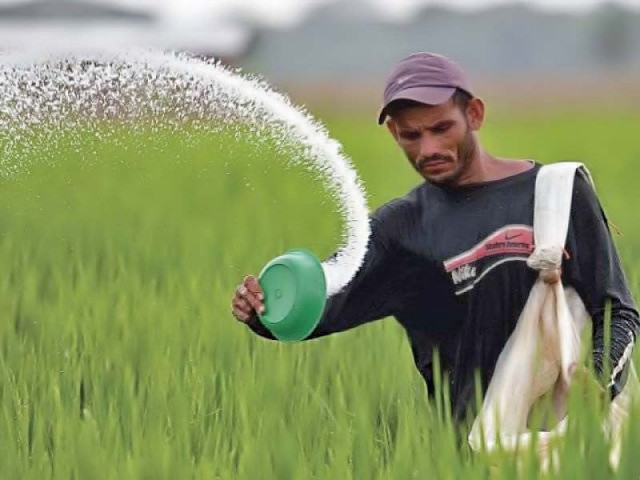Mechanised veg farming subsidised
CM promises to keep onion, tomato prices in check

The Punjab government has launched a scheme of mechanised farming of vegetables, especially tomatoes and onions, to increase their production.
Under the Rs3 billion scheme, 70 per cent subsidy will be given on planters, pruners and other agricultural equipment vegetable farming. The farmers will have to pay 30% of the cost.
According to an official statement, Punjab government will also give 70% subsidy on buying pulping units, dryers and graders for value addition.
Lodhran, Multan and Vehari districts have been selected for onion cultivation, and Khushab, Sheikhupura and Muzaffargarh for tomato to enhance the cultivated area and production.
The government has decided to constitute farmer enterprise groups of land owners of up to 25 acres in the selected districts.
The groups will be trained in farmers' field schools on modern methods of agriculture and smart cultivation.
The farmer groups will also be linked with the international market.
Commenting on the initiative, Chief Minister Mayam Nawaz Sharif said, "For the first time in Punjab, well organised and coordinated projects are being launched for the cultivation of vegetables. Mechanised and group farming will not only increase the production of vegetables but will also reduce their cost."
She added, "Tomatoes and onions are daily needs of a common man. The Punjab government cannot permit tomatoes and onions to be sold at inflated prices."
The chief minister said essential edibles are available at the lowest price in Punjab as compared to other provinces. Their prices are being monitored on a daily basis.
A helpline has also been set up for the Agriculture Transformation Project.
Meanwhile, Agricultural Engineering Additional DG Zahid Mushtaq said in a workshop the farmers faced challenges like labour shortage, rising costs, environmental concerns and pressure to produce efficiently.
With additional input from APP



















COMMENTS
Comments are moderated and generally will be posted if they are on-topic and not abusive.
For more information, please see our Comments FAQ